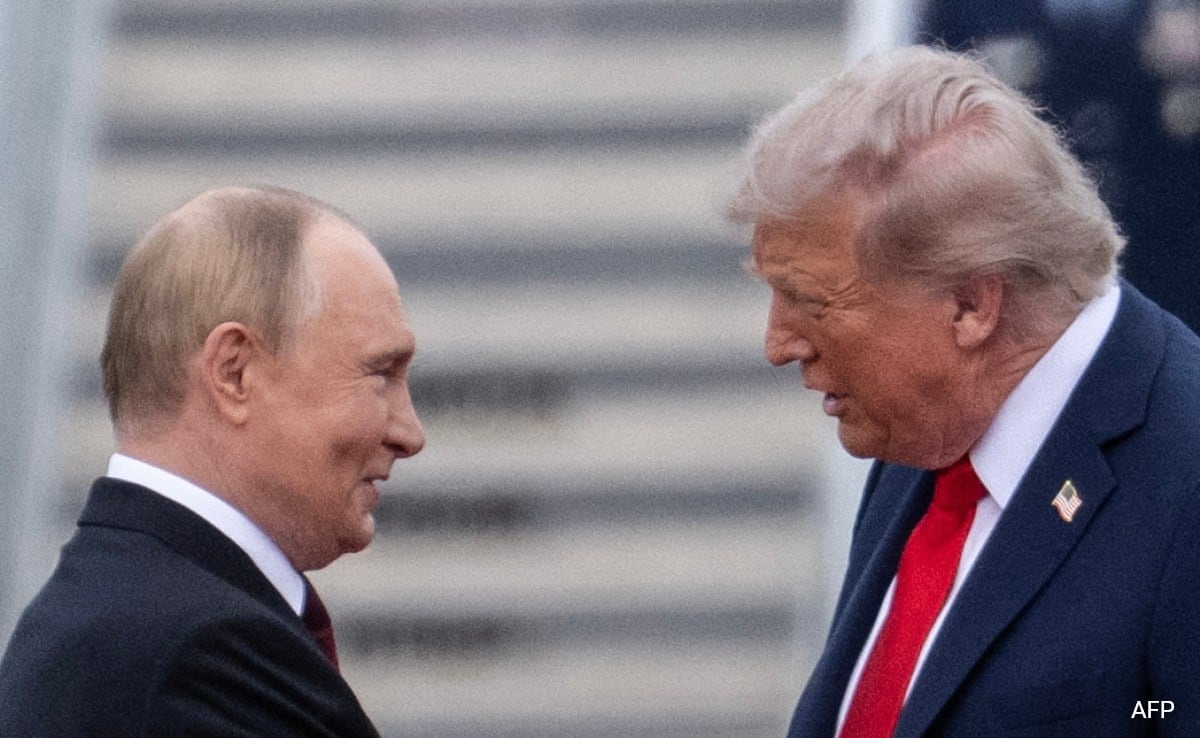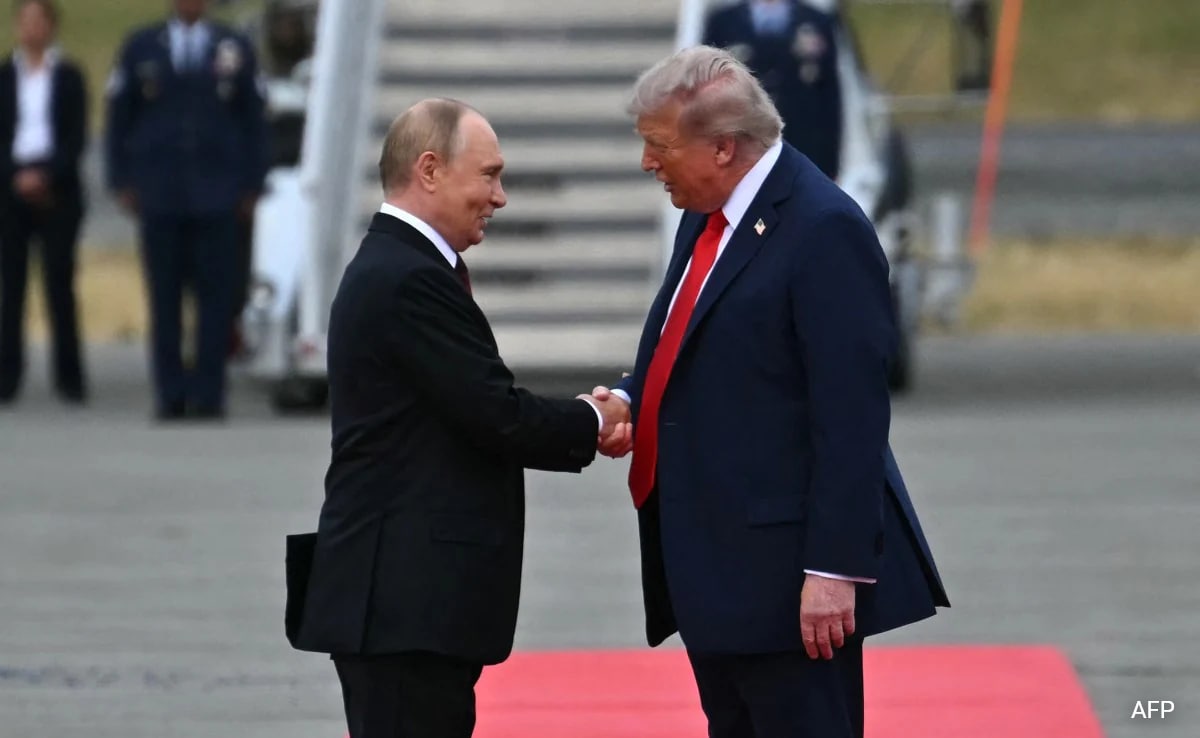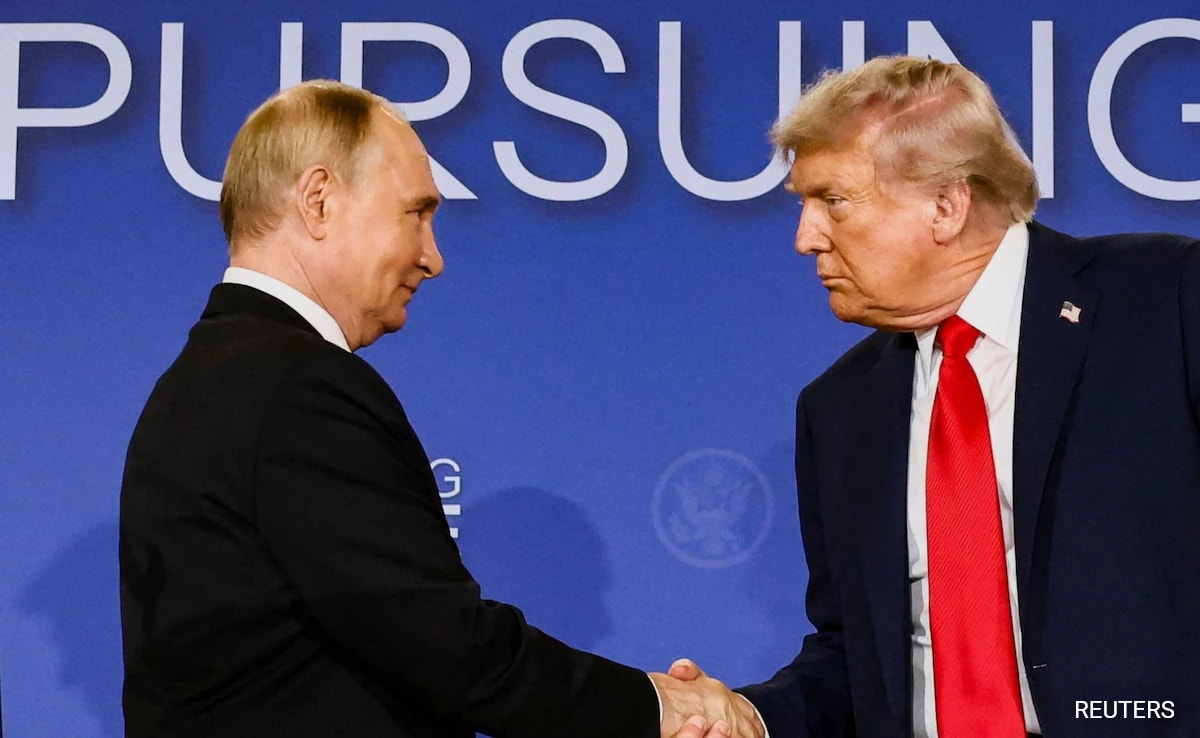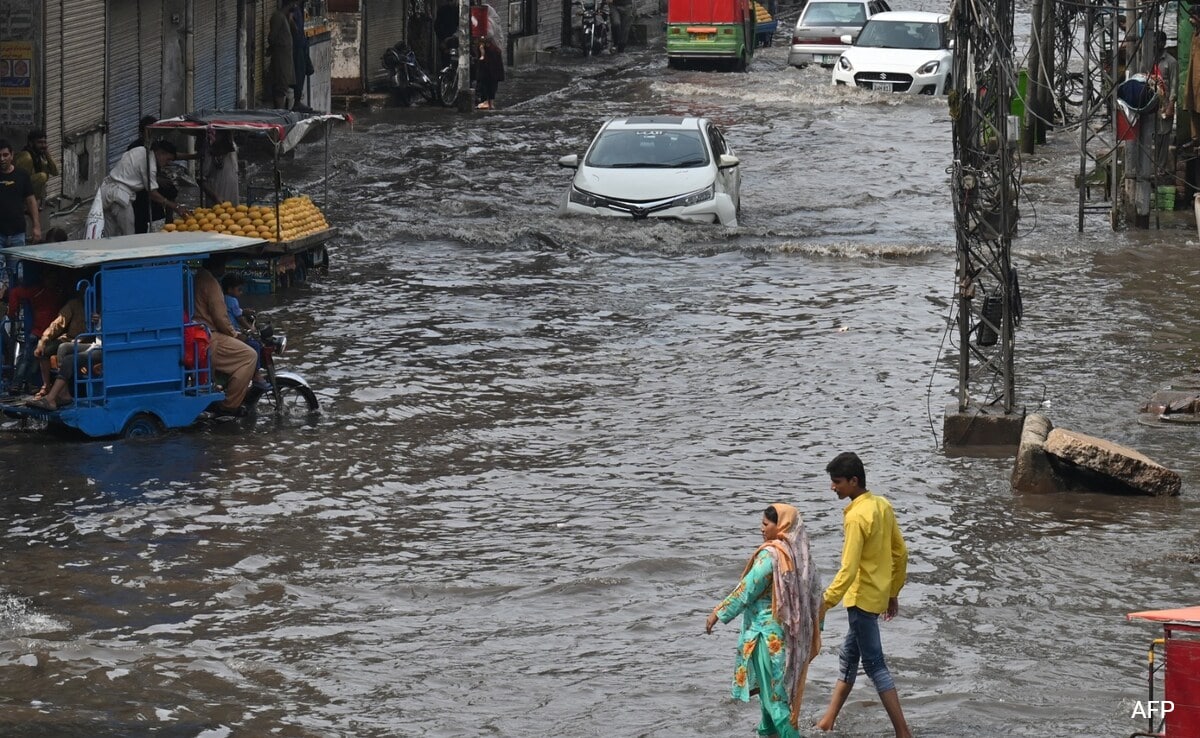The widespread banditry in the northwest is in addition to the 10-year Islamic extremist insurgency in northeast Nigeria.
Responding to the surging violence, the governors of five northwestern and central states have blocked mobile networks to prevent the outlaws from communicating with collaborators.
While the communications blackout has had some positive effects, it also hampers local communities, according to multiple interviews with residents, officials and security experts.
The telecommunications blockade was first imposed last month in Zamfara state for an initial period of two weeks. Mobile phone service has been restored to Zamfaraâs state capital, but its rural areas remain cut off. Katsina, Sokoto, Niger and Kaduna states have also banned mobile networks in recent weeks in areas where killings and abductions continue.
Authorities credit the blackouts for helping them to corner the bandits and free hostages including more than 180 captives freed in Zamfara earlier this month.
However, the killings of civilians have âworsenedâ in some areas since the start of the phone blackouts, local officials told The Associated Press. More than 100 people have been killed across northwest and central Nigeria in the last two weeks, according to the Council on Foreign Relations. Many other deaths have not been reported, say some officials.
âWe are trapped,â Amina Al-Mustapha, a state lawmaker from the violent hotspot of Sabon Birni in Sokoto state, told AP.
âEvery day, they attack our people and we have no way to talk to our people,â Al-Mustapha said. âNo single village has not been attacked ... We are suffering now.â
At least 32 people were killed in the Munya area of Niger state earlier this month when a band of gunmen stormed villages and ransacked them for hours while no help arrived.
The Munya area villagers could not send out alerts about the attacks because of the telecommunications blockade, Garba Mohammed, the areaâs chairman, said. Police and other security agencies only learned of the attacks hours after the killings had occurred, he said.
Previously communities would get phone warnings and people were able to ârun for their lives,â he said.
In addition to blocking telecommunications access, the northern states have also shut down markets, imposed night curfews, limited vehicular traffic, closed major roads and banned motorcycles as they battle to restore order.
Nnamdi Obasi, the International Crisis Groupâs Nigeria Senior Adviser, told AP that because the security situation in the northwest has been âdeteriorating dangerouslyâ and is âsuffocatingâ on local economic activity, Nigeriaâs government and the military are pressed to âdo something different.â
âIt was clear that if the tide wasnât reversed, then we could be heading from what we are calling banditry to a full-scale insurgency,â he said. He added that the phone blackout and other security measures are âa two-edged swordâ that is restricting the outlaws but is also crippling the economy and increasing the vulnerability of civilians.
With major marketplaces closed, farmers arenât able to sell their produce. Banking by mobile phones has also been halted and bank ATMs are no longer operating, according to interviews with residents of the affected areas.
Some though believe blocking telecommunications access is a good strategy. Bashir Shehu, a trader in Zamfara, said that although his business has reduced as a result of the action, peace has returned to many areas and he can travel more safely.
Unfortunately, some gunmen have already found a way to evade the blockade by using telecommunications networks in the neighboring country of Niger, local authorities say.
Itâs not clear when life will return to normal in Nigeriaâs northwest and central states, according to government officials who told AP that they donât know when the phone blackouts and other security measures will end.
Lasting peace will be difficult to achieve as Nigeriaâs security forces are often outnumbered by the bandits as recently admitted by Katsina Governor Aminu Masari. They also have more sophisticated weapons purchased with ransom money, freed hostages have told AP.
The phone blackouts should be âbrought to an end as quickly as possible,â said Obasi of the Crisis Group, as part of the governmentâs efforts to âimprove the security presence and resources in the region ... and address the humanitarian crisis.â
.png)











 English (United States) ·
English (United States) ·  Turkish (Turkey) ·
Turkish (Turkey) ·